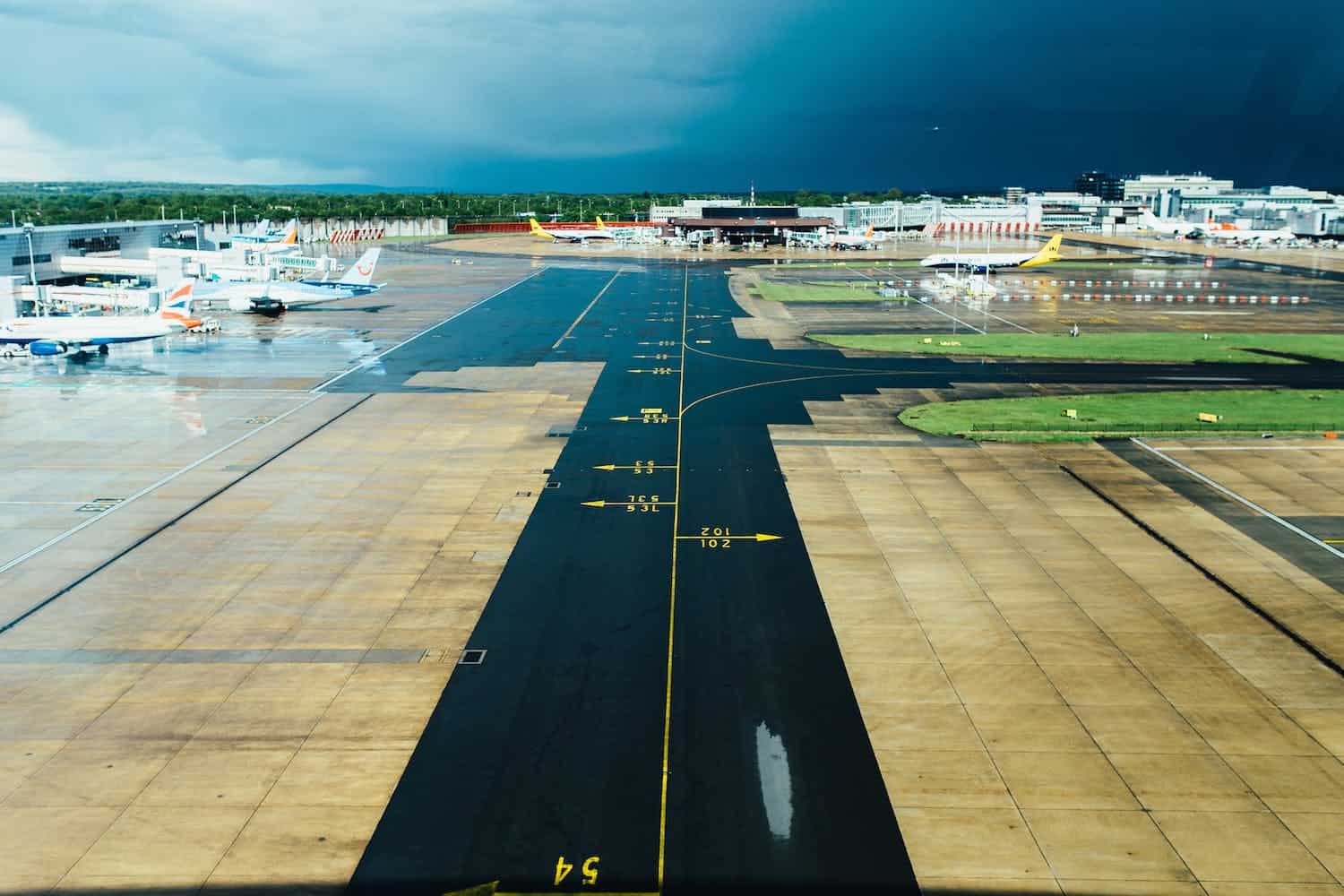You’ve probably already heard of the eerie statistic that 9 out of 10 startups fail within the first few years. While founders have a variety of reasons why they would shut down their company, many of them boil down to one factor: lack of capital.
When you’re starting a business, your resources are usually limited to your team’s personal assets, as well as funds given by generous friends and family. One common mistake small businesses make is letting this cash run out immediately, especially when your revenues are too small to keep up with your expenses.
While you can assume that a bigger budget means a larger chance of being successful, that’s not always the case. Even startups that were able to raise over $100 million in funding still close down for various funding-related reasons.
On the other hand, the most successful businesses didn’t necessarily have large amounts of capital. They all made smart decisions about their budget to make it sustainable until they became profitable. That involves careful planning and preparation from the team, as well as a deep understanding of the company’s financial health.
While there’s no one-size-fits-all solution to becoming a successful startup, there’s one factor that an entrepreneur must understand to make sure that their business has enough capital to stay afloat. With this in mind, you’ll have an easier time determining how much money you’ll actually need when building your business.
Your startup’s runway
Determining how much money you need for your startup means understanding your startup’s runway. That’s the term given to how long your company can last with its current capital. If your company runs out of cash and is unable to bring in more, then it’s reached the end of its runway.
Just like how an airport’s runway strip needs to have a precise length in order to be the most useful, you need to find the right amount of capital you need to make your startup’s runway the most efficient. Having a runway that’s too short means that your business would crash before it gets the chance to take off. On the other hand, making it too long will make your team too complacent and unproductive to scale.
So how much runway is just enough? Ideally, your business should have cash to last for the next 12 to 18 months. This gives founders the room to focus on building and launching their product quickly without worrying about their capital.
Making calculations
Calculating the money you need for your 12-month runway involves a lot of financial figures, with many of them between estimates and projections depending on your business model. These factors include different types of expenses, such as:
1. Fixed costs – These are expenses your business will incur whether or not you already have revenue. This includes your employees’ salaries, rental fees, business taxes, and other overhead costs.
2. Acquisition costs – This is the capital you use to grow your client base. This includes marketing costs and expenses used for events, conferences, and other brand-building initiatives.
3. Capital expenditures – These expenses involve those related to growing and maintaining your company’s assets, namely its property and equipment.
4. Cost of revenue – This metric measures how much your business spends to meet product or service demand. This will vary depending on the amount of revenue your company receives.
The sum of these costs should then be compared to your projected revenue, or how much you estimate your company to earn over a given period of time. This involves giving a realistic forecast of your payment terms, both with your clients and with your suppliers.
Subtracting this projected revenue with your total costs will result in your cash burn, or how much you’re spending to maintain your business. Your total cash burn for the next 12 months, give or take 15% because of the assumed values, should be how much capital you should have on hand in order to keep your startup running.
Getting it right
With many variables and estimates in the equation, it’s not easy to determine your startup’s runway. But getting this figure right would work wonders in not only keeping your startup running, but also in making your team as efficient as possible.





